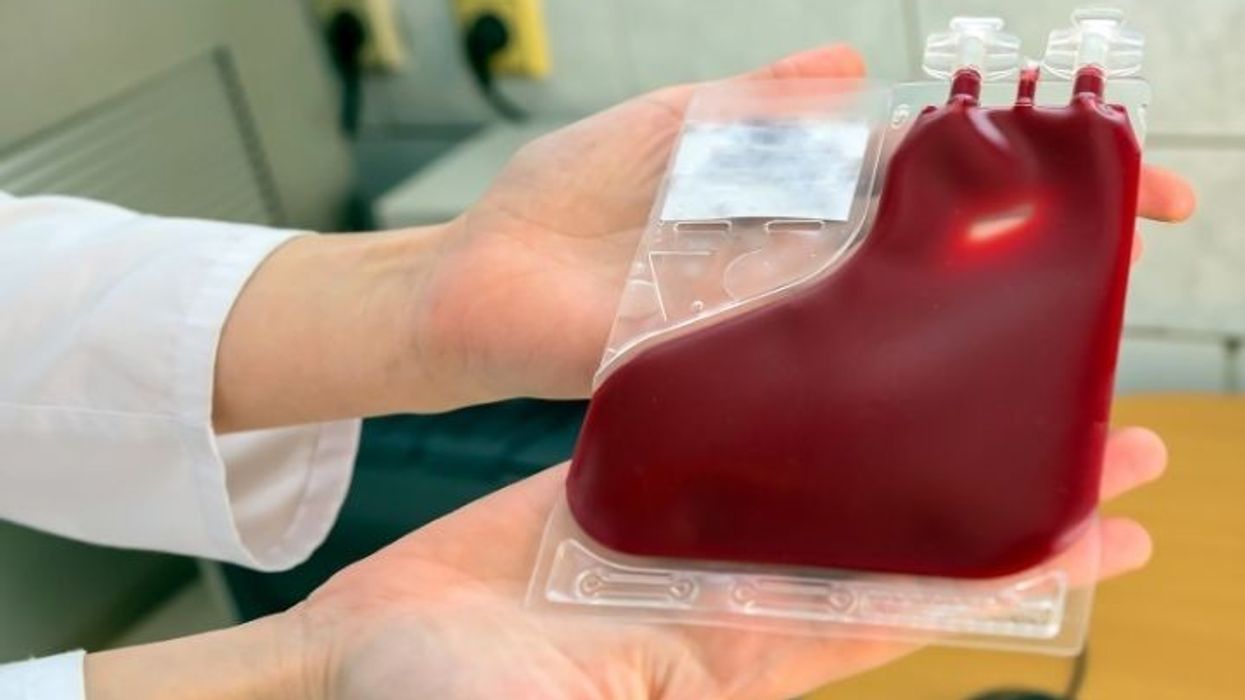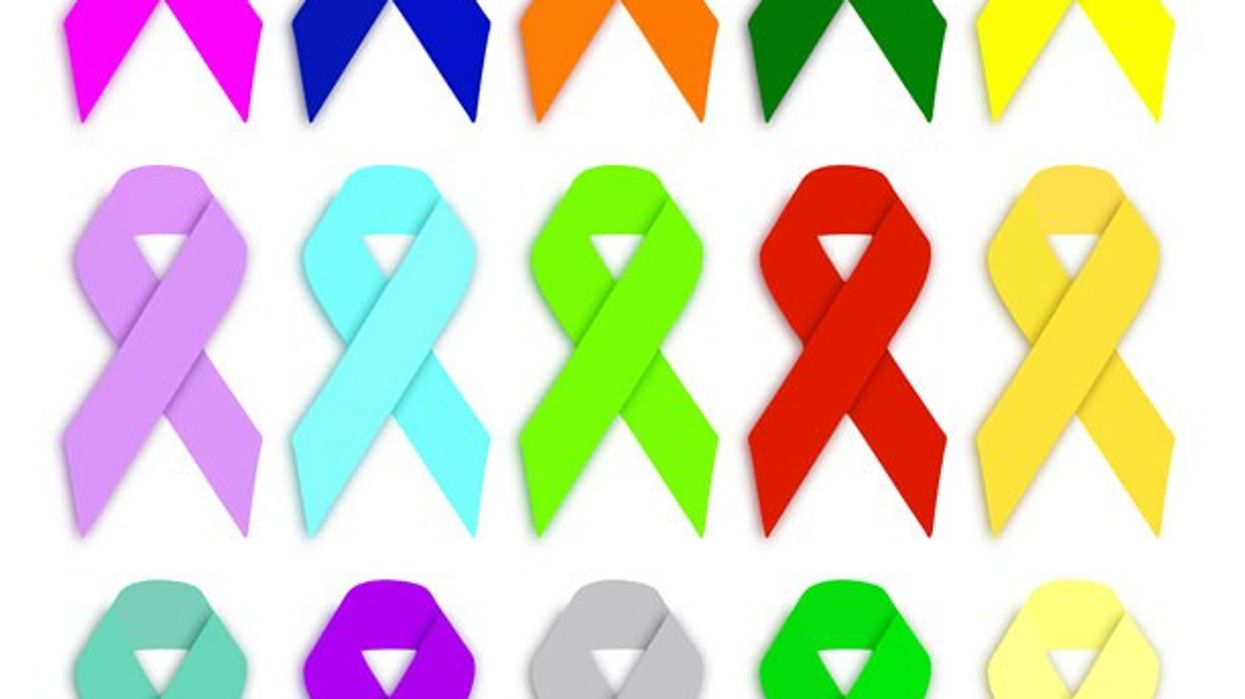Tomorrow my husband will undergo his third surgery for GIST cancer. Of course, I've packing Scott's bag with clothes, warm socks, toiletries, slippers, and all the other things thousands of articles have reminded me to bring for him. It's natural to focus completely on him. As a caretaker, you play a crucial role in their recovery and support, and that means taking care of yourself, too. Preparing for a potentially long wait in the hospital during their surgery can make the experience less stressful and more manageable. Here are some of the things I've packed in my "surgery bug-out bag."
1. Comfortable Clothing and Layers
Hospitals can be unpredictable when it comes to temperature, so dressing in comfortable clothing is key. I've chosen to wear soft, loose-fitting clothes that will allow me to sit comfortably for extended periods. Layering is essential, as waiting areas in the hospital can be unpredictable. I have a light long sleeve shirt and sweatshirt packed.
2. Snacks and Water
Hospital cafeterias are not always open 24/7, vending machines may not have satisfying options, or you may just not want to leave the waiting room to get something. Pack a few snacks, such as nuts, granola bars, fruit, or sandwiches, to keep your energy up. I have some trail mix, pistachios, and granola bars. I've also included some comfort foods like a chocolate bar and Swedish Fish. Hydration is also important, so bring a refillable water bottle. Hospitals often have water stations where you can refill your bottle. I also have a couple of cans of seltzer.
3. Entertainment and Distractions
Surgeries can take hours, and sitting in a waiting room can become mentally exhausting. Bring something to keep you occupied during the wait. This could be a book, magazine, crossword puzzles, or a tablet loaded with movies, podcasts, or audiobooks. I have my computer packed with my favorite comfort movies and TV shows on standby. I also have my Kindle and a few fidget toys. Distraction is a great way to manage the anxiety that can build up while waiting for updates.
4. Chargers
Most caretakers will rely on their phones to keep friends and family members up to date and pass the time. Make sure your phone or other electronic devices don’t run out of battery. Pack a phone charger with a long cable (some waiting rooms may not have outlets near your seat), or bring a portable power bank.
5. Personal Care Items
Spending long hours in a hospital may leave you feeling tired or uncomfortable. Bring personal care items like hand sanitizer, lip balm, tissues, and facial wipes to freshen up during your stay. Hospitals are also known for being dry environments, so moisturizer and a small bottle of lotion can go a long way in keeping you comfortable. If the surgery is expected to last a significant amount of time, pack a travel-sized toothbrush and toothpaste. If you have any prescriptions you take daily or rely on in emergency situations (you know, like your rescue inhaler or Xanax).
6. Blanket or Pillow
While many hospitals provide chairs or couches in waiting areas, they aren’t always the most comfortable for long periods. Bringing a small travel pillow or a light blanket can make a big difference, especially if you expect to be at the hospital for an extended amount of time or overnight. These items will help you rest more easily during what can be an emotionally and physically draining experience.
7. Health and Insurance Information
In case your loved one’s medical team needs additional information or you’re asked to fill out forms, having the patient’s health insurance information and any relevant medical documents on hand is essential. Keep a folder with any necessary paperwork, including copies of identification, medical records, and emergency contacts. This will allow you to quickly and easily provide any needed information. I'm the organized one in our relationship, so I have to make sure this is all readily available.
8. Comforting Personal Items
Hospitals can feel sterile and impersonal, so bringing along a comforting personal item can make the environment feel more familiar. This could be a small blanket from home, a favorite book, or even a family photo. These little comforts can help ground you during anxious moments, providing emotional support while you wait, and give you a place to dry your tears.
Taking care of yourself during your loved one’s surgery is just as important as being there for them. By being prepared and bringing along items that ensure your comfort, nourishment, and mental well-being, you’ll be better equipped to handle the waiting process. Being well-rested and calm will also allow you to offer better emotional support once your loved one comes out of surgery. Hopefully my little guide will help bring you comfort during a stressful and scary time.















 Dr. Cary S. Kaufman teaches the "Essentials of Oncoplastic Surgery" course through the National Consortium of Breast Centers, providing breast surgeons around the world with advanced techniques for optimal breast surgery outcomes.
Dr. Cary S. Kaufman teaches the "Essentials of Oncoplastic Surgery" course through the National Consortium of Breast Centers, providing breast surgeons around the world with advanced techniques for optimal breast surgery outcomes.

 Dr. Jill Waggoner is offering her patients a more personalized and intimate healthcare experience through concierge medicine.
Dr. Jill Waggoner is offering her patients a more personalized and intimate healthcare experience through concierge medicine. 